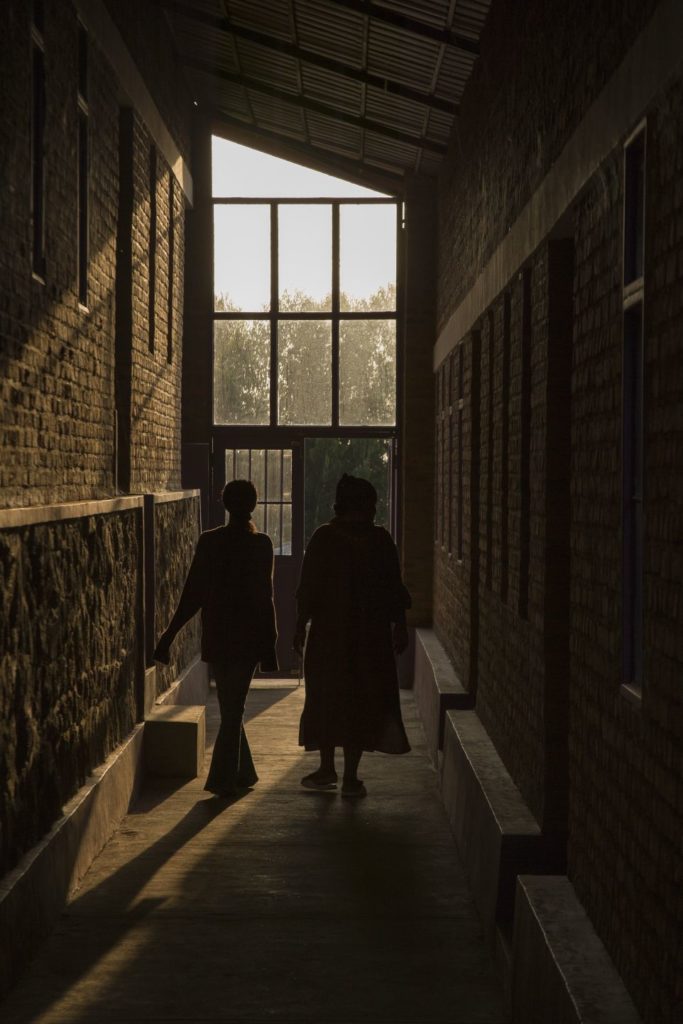
Jean Bosco Uwinkindi is the first suspect in a genocide case to be transferred from the International Criminal Tribunal for Rwanda (ICTR) in Arusha, Tanzania to the Rwandan national court system.
The trial of the former Pentecostal pastor, who is accused of genocide and crimes against humanity, starts in Kigali on Wednesday (26.02.2014).
It is alleged that he commanded a group of Hutus who hunted down and killed Tutsis during the 1994 Rwandan genocide and that 2,000 corpses were found near his church. Uwinkindi insists he is innocent.
The ICTR issued a warrant for his arrest in 2001; he was first taken into custody in Uganda in 2010. He was then transferred to the ICTR in Arusha before being brought back to Rwanda in April 2012.
Albert Gasake describes the trial of Uwinkindi as historic. Gasake is a practising lawyer in Rwanda who works for Survivors Fund (SURF), which seeks to help survivors of the Rwandan genocide to rebuild their lives. “We believe that the transfer of Uwinkindi to Rwanda amounts to recognition for the victims of the genocide and for their struggle for justice,” he said. “These crimes were committed in Rwanda. Rwandan civil society will now be able to follow events much more closely and watch how the court handles the accused,” Gasake explained.
Trying to cope with the legacy of the genocide
The year 1994 witnessed the darkest chapter in the annals of Rwandan history. Within 100 days, Hutu extremists slaughtered three quarters of the Tutsi minority and many moderate Hutus.
Some months after the bloodshed ended, the UN Security Council set up the ICTR in neigboring Tanzania. Its task was to prosecute persons responsible for genocide and other serious violations of international humanitarian law.
Over the last 20 years, the court has handed down 44 verdicts, including several acquittals. Those convicted had orchestrated the mass murder. They included ministers, journalists, high ranking military officers and civil servants. 17 cases are still at the appeals stage. The ICTR is bringing these last cases to a close, because its mandate expires at the end of 2014.
For victims’ representatives such as Albert Gasake, it is important that the survivors have the opportunity to be part of the legal proceedings, which was not possible in Arusha. Gasake hopes the survivors will receive compensation if Uwinkindi is convicted.
Excerpted from Deutsche Welle by Hilke Fischer. Published 25th February 2014.
